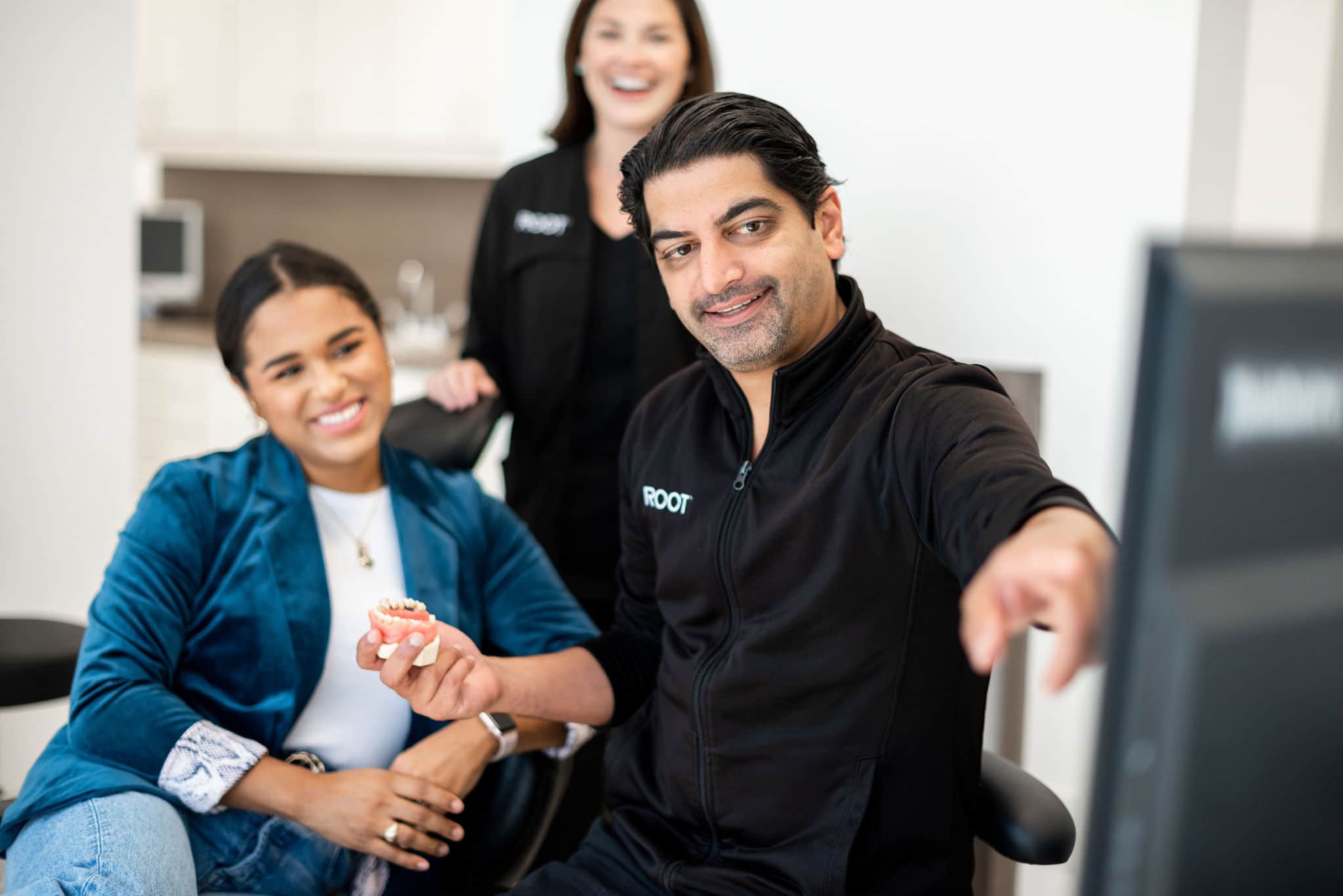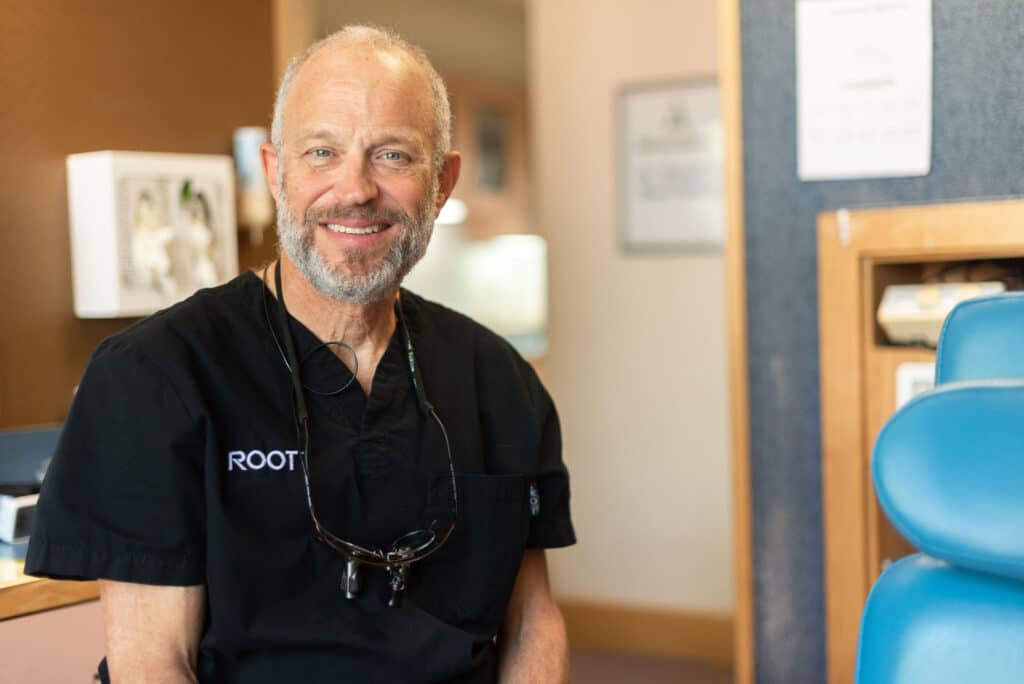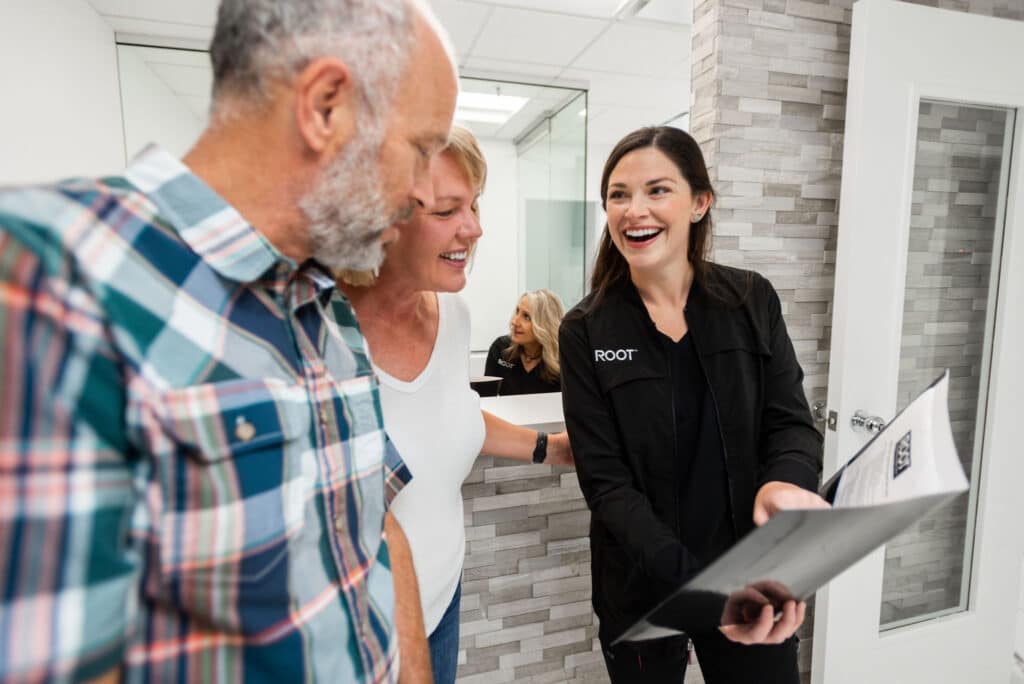Dental Implants Versus Dental Bridges
Two of the most common methods for replacing teeth are dental implants and dental bridges.
Dental implants restore the natural look and feel of your teeth through the surgical placement of titanium posts into your jawbone, which then attach to replacement teeth. Unlike bridges or dentures, which can shift or slip in your mouth, dental implants are fused to your jawbone, providing optimal stability and support. Patients who have dental implants placed also enjoy an improved ability to speak and eat, and decrease their risk of developing oral health issues that can occur when a tooth or teeth is missing for an extended period of time. Dental implants are a popular treatment alternatives for patients who have had unsuccessful results with bridgework or who would prefer to not wear dentures.
Dental bridges replace one or multiple teeth with the support of implants, natural teeth, or a combination of both using abutments that are placed over healthy teeth on either side of the gap. There are different types of bridges that can be used to address this issue, including traditional, Maryland, cantilever, and implant-supported bridges. Bridges are typically made of zirconia or porcelain and the crown is generally made of porcelain.
There are a range of unique benefits and drawbacks to either dental implants or dental bridges, but both are effective treatment options for patients who are missing one or multiple teeth. To determine which treatment option is right for you, consider the following areas.
- Comfort: One of the biggest benefits to having dental implants placed is that they will look and feel like your natural teeth. Though not always the case, dentures and ordinary bridges are too uncomfortable, or potentially not a viable option, due to poor ridges, sore spots, or because they cause gagging.
- Procedure: One of the biggest benefits to having dental bridges placed is the process is far less invasive and can be completed in as little as two visits and does not require extended aftercare. The dental implant process will require several separate appointments and longer periods devoted to healing, especially if a dental bone graft is required.
- Maintenance: One of the biggest benefits of dental implants is that you will not have to make any major modifications to your general oral health routine. Dental bridges require extra oral hygiene and for patients to take meticulously good care at home, especially while flossing.
- Cost: The cost of having dental implants placed is more expensive initially, however there may be more costs involved in the long run when it comes to maintaining and replacing dental bridges. The extended nature of the dental implant process also makes paying for the procedure in installments easier.
- Durability: Dental implants provide a more durable and long-lasting solution then dental bridges, which typically last around five to seven years. One of the most common reasons a dental bridge fails is because new cavities develop around the supporting teeth and the patient develops gum disease; however, these issues can also develop with dental implants, especially when proper and consistent oral health care is not followed. To increase the longevity of your implant or bridge, it is essential to brush and floss your teeth twice daily and schedule regular checkups every six months.
